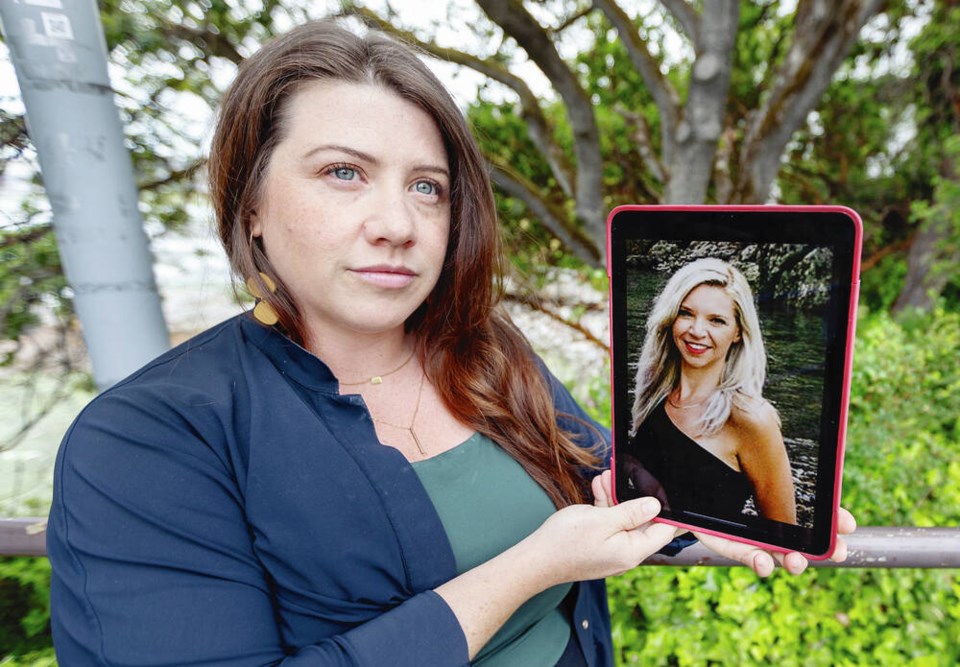Most Canadians and British Columbians support exemptions from medical assistance in dying (MAID) for faith-based health-care facilities, according to polling conducted by Angus Reid Institute and Cardus.
Across Canada, there is “little appetite” to force such an institution to perform MAID, Angus Reid stated Tuesday.
“In the case of a health-care facility affiliated with a religion which objects to MAID, three in five Canadians (58%) feel that if a patient requests a medically assisted death, they should be transferred elsewhere. One-quarter (24%) feel that the facility, despite its objection, should be forced to provide MAID,” stated the pollster.
The results across Canada align with those in B.C. Prairie provinces support for exemptions rose to between 61 per cent and 65 per cent whereas support waned in Quebec, at just 47 per cent.
The issue came to a head this summer in B.C. with reports of a woman named Samantha O'Neil who had been forced to transfer from Providence Health Care’s St.Paul’s Hospital in Vancouver, to undertake MAID.
Providence receives public funding; however, the Angus Reid questions did not address how that may factor into a person's answers — even more Canadians (73 per cent) believe public-funded health-care facilities should offer MAID, according to Ipsos Reid polling on behalf of Dying With Dignity Canada, a MAID advocate.
According to Angus Reid’s results, only 24 per cent of Canadians (and British Columbians) think all health-care facilities should be required to provide MAID (and not just transfers).
There were some differences based on a respondent’s religious affiliation. Those who are atheist or agnostic or have no religious identity are more likely to want MAID required at the religious facility (33 per cent) than Christians (20 per cent) or other religious people (19 per cent).
And seven in 10 Canadians think a doctor who believes the practice is morally wrong should be required to refer their patient to a doctor who will assist them.
MAID is not just a matter for hospitals (acute care facilities), but also at long-term care homes, according to Terry Lake, CEO of the BC Care Providers Association, representing private for-profit and non-profit assisted living and independent senior homes.
Lake says many members are faith-based and some may wish to decline MAID being performed in their facilities.
As such, Lake has advocated for transfer policies where “some would have strenuous objections to have MAID take place on those premises.”
Lake told Glacier Media the polling results “reflects a pragmatic middle ground that Canadians are exhibiting; in other words, choice for the recipient and choice for the faith-based organizations. It kind of reflects our stance as an organization.”
A spokesperson for Providence told Glacier Media Tuesday that its MAID policy has not changed since the summer and it continues to offer transfers to Vancouver Coastal Health facilities for MAID.




